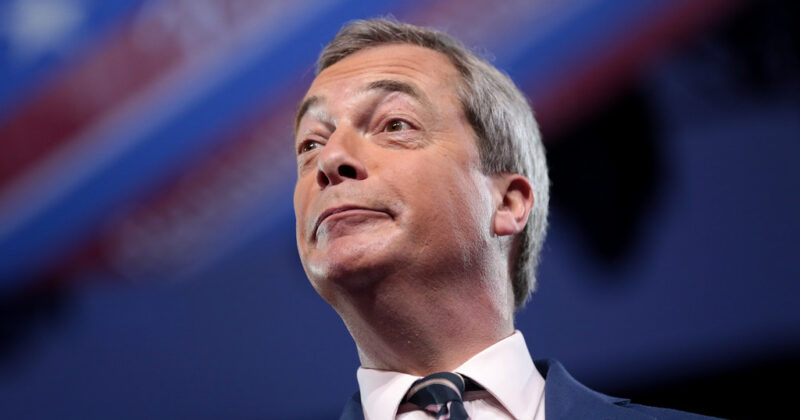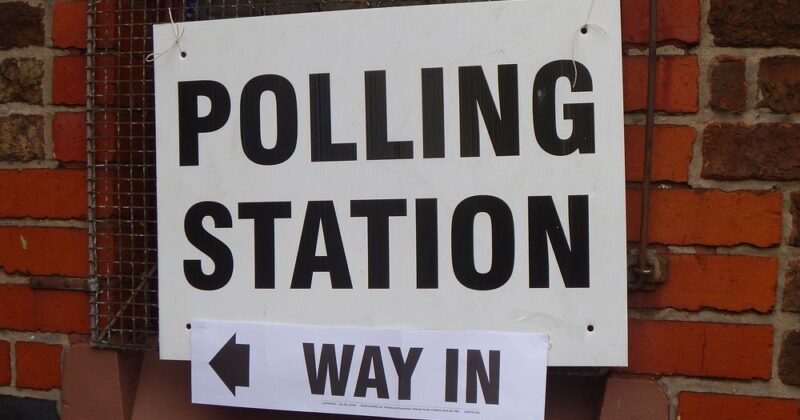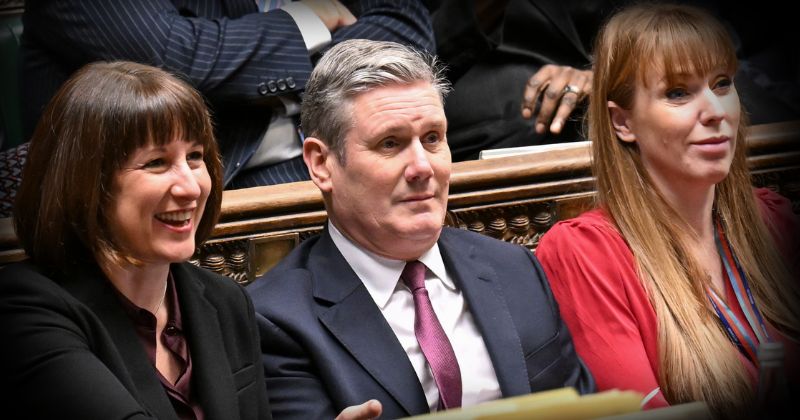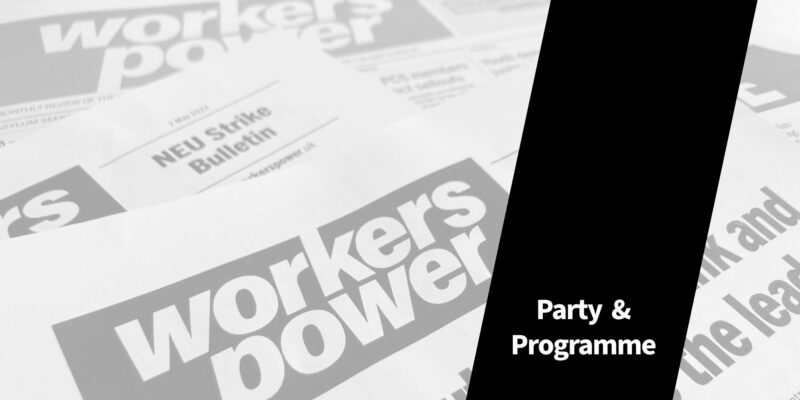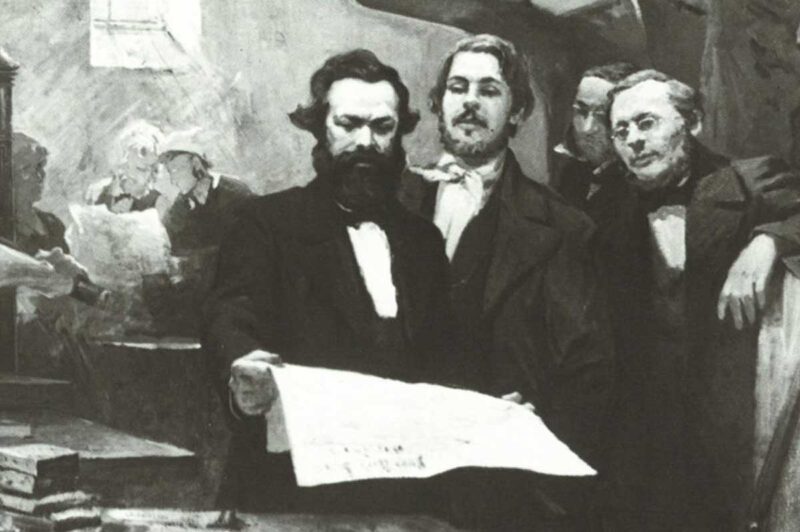Marxism and the state
By Simon Hardy
Many people think that the police in Britain are somehow neutral in political matters. But recent events have exposed the real nature of the police force. This article examines the role of the police and the state in our society
The role of the police
Lord Imbert, ex-chief of the Metropolitan Police, recently spoke in the House of Lords concerning a proposal from David Cameron to make police chiefs elected. In the debate he said “My view…is that living in a democracy means living where there is a free press, a well informed public and, most importantly, a politically neutral police service.” The view that in a democracy the police are politically neutral because they are servants of the public and therefore beyond political influence is a common one – and it is wrong.
The nature of the police cannot be understood without understanding the nature of the state of which they are a part. Frederick Engels in The Origin of the Family Private Property and the State describes how the state arose with the development of private and the dissolution or restriction of communal property. In early non-state societies based on clan and tribal structures everyone could bear arms and were called upon to do so to defend the community. As exploiting and exploited classes emerged so the latter had to be increasingly deprived of weapons and military training and special repressive forces – an army and a police force developed.
Engels wrote: “This special, public power is necessary because a self-acting armed organisation of the population has become impossible since the split into classes…. This public power exists in every state; it consists not merely of armed men but also of material adjuncts, prisons, and institutions of coercion of all kinds, of which gentile [clan] society knew nothing….”
In succeeding stages of human history, those based on slavery or serfdom the the state was an obvious weapon of the rich and was used against anyone who rose up to challenge them internally as well as against external enemies .This was all the clearer since the great landowners, their male children and their lesser landowning dependents also staffed the armed force as its commanders and officers.
However in the capitalist epoch the state makes the claim to be truly democratic – the rule of the people, for the people, by the people. We elect our representatives, they debate and pass laws and and the police enforce them. But the essential nature of the state has not changed, it exists as an instrument for the exploiting class to enforce the conditions of that exploitation upon the rest of us. Its democratic appearance covers up the reality of a dictatorship of capital over our lives. As Lenin wrote “It is natural for a liberal to speak of “democracy” in general; but a Marxist will never forget to ask: ‘for what class?’”
In capitalism a tiny minority of bosses own and control the economy. It is in the corporate boardrooms that real decisions are made which affect the lives of millions of people. And capitalism is a system of inherent inequality. The anarchy of the market and the constant drive for profit leaves countless millions across the planet in desperate conditions of absolute poverty. Even in the richer Western world workers are exploited and alienated from their labour. On top of this ‘everyday crisis’ of the system, capitalism regularly goes into a recession which sees wages cut, people thrown out of work and workplaces closed.
To maintain order in a system which is so deeply antagonistic to the majority of people the bosses rely on the state to enforce the rights of property – but not the right to work or the right not to live in poverty.
But the capitalist state – in its democratic form – cannot openly admit this. It has to claim that the private interest of the billionaires are in reality the general interest. Parliament, political parties, the press and broadcast media, academics, economists, all have the job of persuading the masses that this is in fact the case – manufacturing an ideology for the ruling class which appears to be objective, scientific, and sheer common sense.
Politicians are not just rulers, through their control of the army and the police, but foollers, professional “persuaders.” Billionaire owners of the press and private TV stations and state pressure on the BBC, all make sure that any fundamental alternative to these ideas are rarely if ever heard. David Cameron uses his position as Prime Minister to constantly claims that over-spending on public services caused the deficit and that there is no alternative to cuts. The most his opponents dare say is that it should be done at half the speed. The media (also owned by the bosses) repeat this reactionary hymn day in and day out, in order to sow confusion and despondency in the wider population. As Marx said:
“The ideas of the ruling class are in every epoch the ruling ideas, i.e. the class which is the ruling material force of society, is at the same time its ruling intellectual force.”
But these ideological attacks on us can only go so far. When the banks were bailed out at taxpayers’ expense and the first demands for cuts were made, millions thought – why should we have to pay for their crisis? But first Labour under Gordon Brown, and now the coalition. worked overtime to bury this idea and replace it with the one that “we have overspent on the national credit card and so – just like we do as individuals – the country has to make drastic cuts.
Even now people might be more willing to accept the idea that cuts are necessary. But when it comes to the closure of a nursery that they use, or loosing their own job, people begin to organise to resist. This is when the bedrock repressive function of the state becomes necessary, “an apparatus of violence” as Lenin called it. These instruments of coercion come in the form of the police, the law courts and the prisons.
The role of the police in defending the capitalist class was outlined by none other than Derek Barnett, chief of the Superintendents Association who complained that cuts to police spending would leave them unprepared to deal with civil unrest that will inevitably result from the governments austerity programme.
“In an environment of cuts across the wider public sector, we face a period where disaffection, social and industrial tensions may well rise…We will require a strong, confident, properly trained and equipped police service, one in which morale is high and one that believes it is valued by the government and public.”
The violence meted out to the students in autumn 2010, or historically against the miners and print workers in the 1980s, or at countless other working class protests and demonstrations, is evidence of the kind of training and equipment that a strong police force feels that it needs to keep the government safe from justified anger attacks on the youth, workers and the poor.
Reform or revolution
There is a debate in the socialist movement between those that want to reform the system through elections and those that want a revolution to bring the working class to power. Reformists, like those on the Labour left, assume that the state is neutral and that the capitalist class would surrender power if a working class party was elected on a socialist programme and began to expropriate the bosses.
The modern state is usually divided into an executive, judicial and a legislative branch. In Britain elections take place to the legislative part of the state – the parliament. In a parliamentary system like Britain the governmental part of executive has to command a majority in parliament. In presidential republics like the USA, the president is elected and he then chooses the executive from business, academia and the armed forces. But prime ministers and presidents – let alone parliaments or the US Congress are not the wielders of ultimate power.
The true executive, both the enforcers (the army and police chiefs, the judges) and the administrators (the civil service mandarins) are unelected. But these institutions will forcibly resist any attempt to take them over and make them democratically accountable.
As Marx wrote after the experience of the Paris Commune in 1871 when the capitalists slaughtered the working class who had taken power, “the working class cannot simply lay hold of the ready-made state machinery, and wield it for its own purposes.” The task of the workers’ revolution is to smash the capitalist state depriving the capitalist class of power.
But history has provided us with countless examples where peaceful attempts to build socialism through parliament led to disaster as the capitalists organised coups and overthrew governments, like in Chile in 1973. Even in Britain a coup was planned by several military men and business leaders led by Lord Mountbatten in the mid 1970s against a possible left wing Labour government. One general who had been involved in the coup plotexplained to a documentary crew that in the event of the coup they “had prepared a sort of speech, which the Queen might read out on the BBC that asked the people to stand behind the armed forces as there was a breakdown of law and order and the government could not keep the unions in control.”
Clearly the powers-that-be have no respect for democracy when it threatens their vital interests. The capitalists in Germany, Italy and Spain turned to fascism in the 1920s and 1930s to smash the workers movement along with all forms of democracy.
The bosses happily use force against us when they need to. This is why we need a revolution against the bosses system and the state that protects them. A revolution must break up the armed power of the state, dissolve the police force and the army and replace it with the armed working class.
The workers’ state
Marx and Engels objected in principle to drawing up blue-prints of a socialist society. They restricted themselves to saying that a socialised economy would be directed according to a democratic plan by the “associated producers.” Marx praised the Paris Commune for its replacement of the centralised bureaucratic state machine by the direct democracy of working people.
Finally Marx pointed out a crucial difference between the kind of democracy we have in countries like Britain and France and the superior model of the Paris Commune “Instead of deciding once in three or six years which member of the ruling class was to misrepresent the people in Parliament, universal suffrage was to serve the people, constituted in communes.”
The Russian revolutionary Lenin was able to to develop these ideas on the state on the basis of the Russian Revolutions of 1905 and 1907, when the Russian workers developed the workers council (or Soviet). The seizure of power by the Bolshevik led Soviets gives us an even more valuable example than the Paris Commune.
Anarchists argue that after the revolution society should move straight to a stateless community, because all states are inherently the tool of exploiting and repressive minorities. But this is utopian, since after a revolution the capitalist class will inevitably struggle to take back power and a country where the workers had overthrown their bosses would no doubt be threatened with all sorts of military action by capitalist governments in other countries, as happened to Russia after the 1917 revolution.
Defending democracy
Despite the limitations of bourgeois democracy, socialists defend democratic rights against any attempts to undermine them. In this sense we are far more democratic than even many so-called democrats who are happy to pass laws that attack our fundamental rights.
Liberal democracy was an important development in the history of humanity and its struggle for freedom. Under feudalism in Europe there was no democracy what so ever for the vast majority of people. The notion that politics is based on popular consent is a central part of civil society, and gives ordinary people access to political and social life. Across the Middle East and North Africa people are struggling to constitute civil society, the right to association, the liberty to debate politics and make informed choices. These rights form an important part of our modern world.
Even if genuine democracy is impossible under capitalism what freedoms we do have are important and must be defended and extended. We have to mobilise against any attempts to strengthen the repressive powers of the state or to take away our political rights.
In countries that suffer under dictatorships the demand for a constituent assembly is central to the struggle for freedom. A constituent assembly, based on one person one vote, with representatives elected by the people is the highest form of democracy that can be achieved under capitalism. The task of such a body is to write a constitution embodying the popular will. However a constituent assembly alone cannot organise the working class where it is most powerful, at the points of production and distribution which is why workers councils are essential to overthrowing capitalism – something a constituent assembly which operates within the limits of bourgeois democracy, cannot do.
In Russia after the 1917 February revolution, when the Tsar was overthrown, a liberal capitalist government took power. Workers and peasants set up soviets initially to ‘keep a check’ on the new government. The Bolsheviks raised the slogan “all power to the soviets” – a demand that gained support across the working class, the army and the peasantry. This led to the October revolution, when the working class took power and a government was formed based on the soviets.
This was the first time in history that a majority class like the workers had taken power – and stands today as a brilliant example for working people all over the world that they do not have to accept the exploitation of the bosses or the violence of the police. We can take control of our own lives.
In Russia the development towards a more democratic socialist society was blocked by the isolation of the Russian revolution and the rise to power of a bureaucratic caste of officials headed by Stalin. This counter-revolution occurred because Russia was a very under-developed country and the attempted revolutions in countries like Hungary and Germany were defeated. As both Lenin and Trotsky observed it was easier for the Bolsheviks to take power but harder to hold onto it, but in the West it is harder to take power but will be easier to build socialism.
How can we ensure that a revolution does not degenerate into bureaucracy and dictatorship? Through regular elections and recallability of all officials, no officials to earn more than the average national wage and a system of collective decision making – to make ‘everyone a bureaucrat’ so that no one can be a bureaucrat.
A socialist state is a state which at the very moment it is created begins to wither away, being replaced simply by the administration of society collectively. As socialism develops and there is no more poverty or social inequality crime will fall away, people will become less alienated and frustrated with their lives and a state as we understand it today will simply become unnecessary. This final stage is what Marx referred to as Communism, a society in which there are no classes and no exploitation as everything is produced communally for the good of all.




